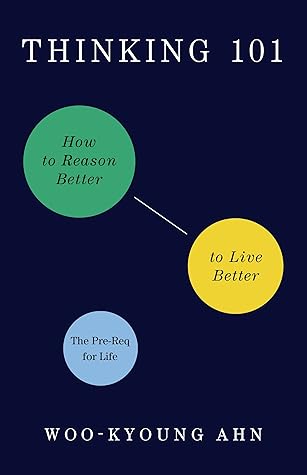More on this book
Kindle Notes & Highlights
Read between
October 13 - October 15, 2022
Some of my earlier studies were about this sort of phenomenon: namely, that people are more willing to derive a cause from a correlation when they can picture the underlying mechanism. Even though the actual data remains the same, we are much more willing to leap to a causal conclusion when we can envision the fluent process by which an outcome is generated. There’s no problem with that, unless the underlying mechanism is flawed. When we are wrongly convinced that we understand a fluent process, we are more likely to draw a flawed causal conclusion.
So, in the final study, the researchers looked at the pronounceability of companies’ three-letter stock ticker codes. Some, such as KAR for KAR Global, are pronounceable as words, while others, such as HPQ for Hewlett-Packard, are not. Surprisingly, the companies whose ticker codes were pronounceable performed significantly better on both the New York Stock Exchange and the American Stock Exchange than companies with unpronounceable, disfluent codes. The relative fluency of their ticker codes should have absolutely nothing to do with their qualities as companies—it is completely arbitrary—but
...more
Allegedly, Mozart’s widow burned 90 percent of his early sketches for his music to create the myth that he was such a genius that he composed everything in his head. Certainly, no one can deny Mozart’s gift, whether his compositions came out of his head in their final states or not, but if the story is true, his widow was a shrewd publicist. As Michelangelo once said about his painting on the ceiling of the Sistine Chapel, “If you knew how much work went into it, you wouldn’t call it genius.”
Another heuristic we use when picking a cause out of potential causal candidates is to blame actions more than inactions.
Instead, it’s when things fail and we are in a dysphoric mood that we start getting obsessed with whys. As a matter of fact, people who live with chronic stressors, such as a loveless marriage, financial problems, or dissatisfying jobs, tend to ruminate more. The reason is plain: When people are dealing with their problems, they try to figure out their causes in an attempt to solve them and prevent future mistakes. They think they are gaining insights.


